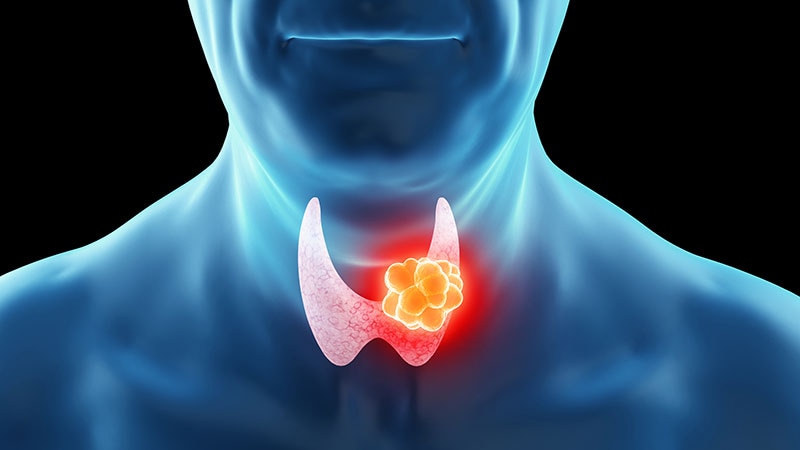
Dietary restrictions do not aid treatment of Meniere disease, according to a study published online Sept. 15 in Frontiers in Nutrition.
Wei Gao, from The Fourth Military Medical University in Xi’an, China, and colleagues conducted a bidirectional two-sample Mendelian randomization analysis to evaluate the relationship between dietary modifications and Meniere disease.
The researchers found that using the inverse-variance weighted approach showed no significant corrections with Meniere disease for salt added to food (odds ratio [OR], 0.719; 95% confidence interval [CI], 0.429 to 1.206; P = 0.211), alcohol consumption (OR, 0.834; 95% CI, 0.427 to 1.628; P = 0.595), or coffee consumption (OR, 0.852; 95% CI, 0.555 to 1.306; P = 0.461).
There was no evidence of a significant effect found in a reverse analysis for Meniere disease for salt added to food (OR, 1.000; 95% CI, 0.993 to 1.007; P = 0.957), alcohol consumption (OR, 0.998; 95% CI, 0.987 to 1.008; P = 0.682), or coffee consumption (OR, 0.998; 95% CI, 0.985 to 1.011; P = 0.72).
“This Mendelian randomization analysis did not identify convincing evidence to support the idea that restricting salt, caffeine, and alcohol intake is beneficial for the treatment of Meniere disease,” the authors write.
More information:
Wei Gao et al, Restriction of salt, alcohol and coffee intake and Ménière’s disease: insight from Mendelian randomization study, Frontiers in Nutrition (2024). DOI: 10.3389/fnut.2024.1460864
© 2024 HealthDay. All rights reserved.
Citation:
Dietary restriction no aid for treating Meniere disease, finds study (2024, November 1)
retrieved 1 November 2024
from
This document is subject to copyright. Apart from any fair dealing for the purpose of private study or research, no
part may be reproduced without the written permission. The content is provided for information purposes only.







